

Smoking is recognised as an unhealthy habit. It can cause heart attacks, strokes, cancer, and amputations. It causes harm to every organ in the body, including the skin. If you’re considering having plastic surgery and are a smoker, it is advised you attempt to either quit or considerably cut down on the amount of cigarettes you smoke for 2-6 weeks before your operation.
Will smoking affect the surgery?
Yes, smoking will affect the plastic surgery as it inhibits the ability for your skin and wounds to heal. Cigarettes contain the harmful substance nicotine which causes your arteries to narrow. When you arteries become narrow, it causes them to spasm which can restrict blood being able to get to the wound and heal it. When surgery is performed, the incision would reduce your normal amount of blood flow and so it is important that we have the most amount of blood possible in order to keep the soft tissue alive.
In order for your skin to heal, it needs to be able to have access to oxygen. When you smoke, you restrict this oxygen from being able to access the wound to heal it. As a result, your white blood cells are less able to fight any bacteria that might cause infection.
There are immense benefits to quitting smoking and it can improve your overall health and life span. Whilst smoking is an addiction, those who are able to quit for 4 weeks will be able to heal just as well as non-smokers.
Quitting smoking before your operation is good practice for the long run and will bring you greater benefits if you try to quit altogether. If you quit for the recommended amount of time you may benefit from the following: improved circulation, increased oxygen levels, decreased blood pressure, improved sense of taste and smell and improved lung function.

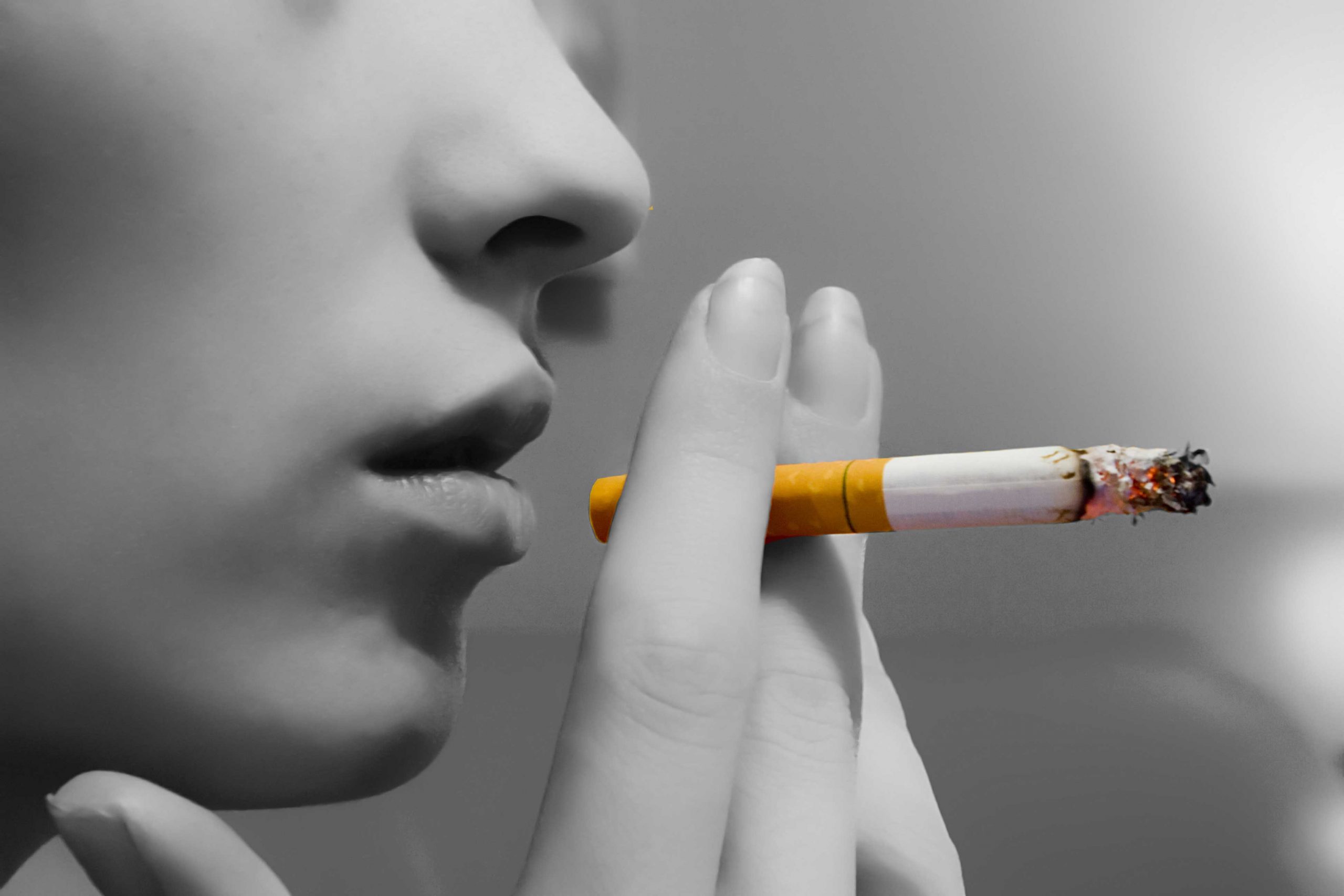
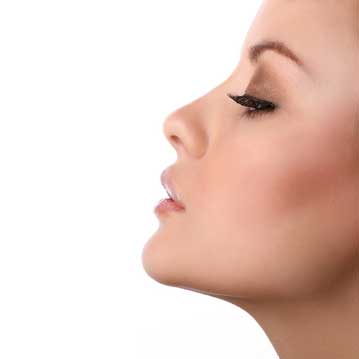

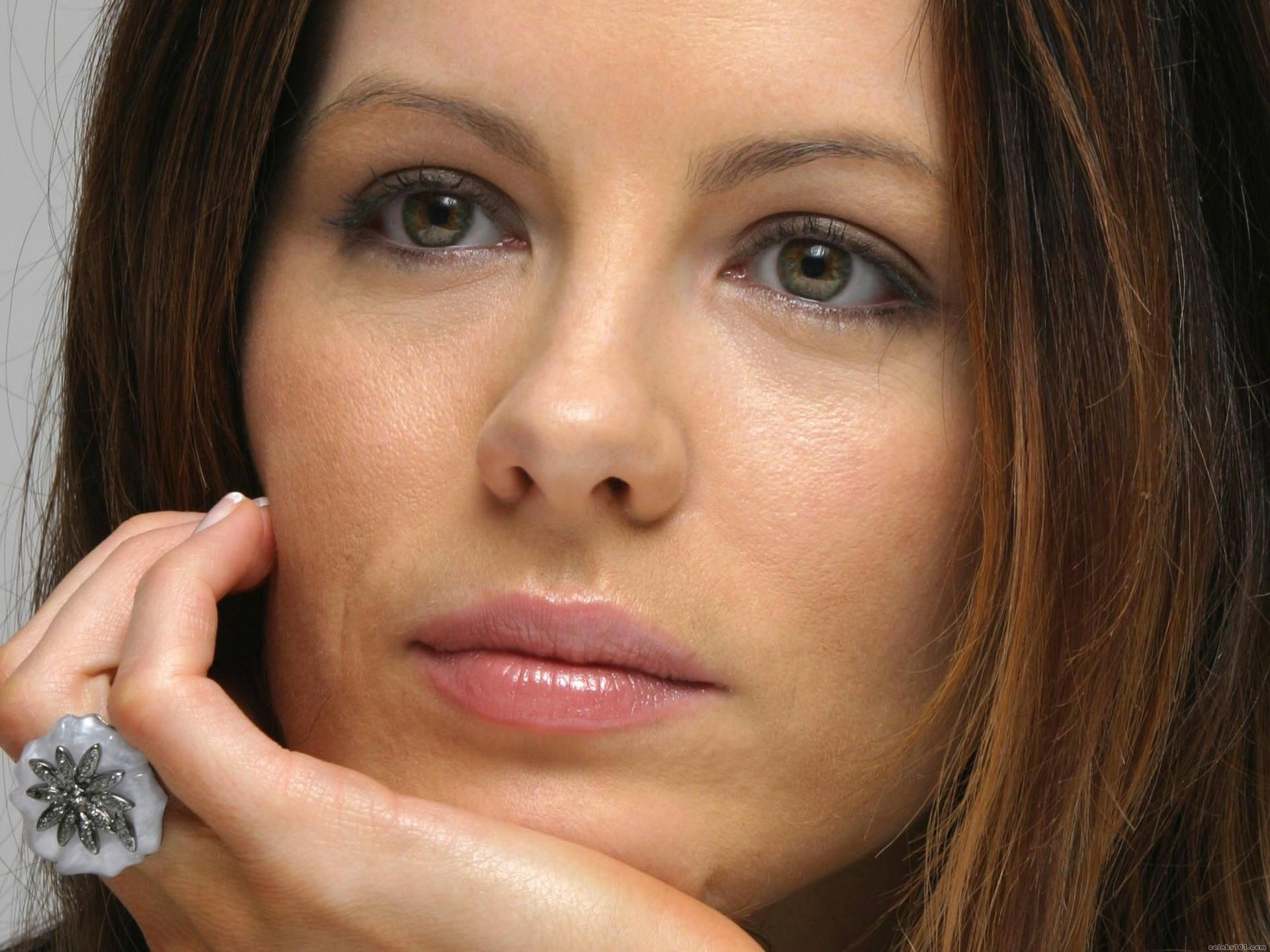



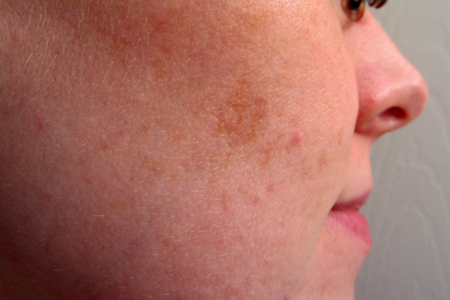
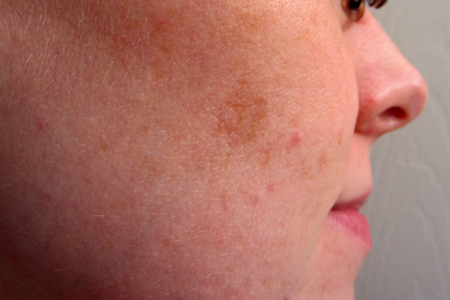
Recent Comments